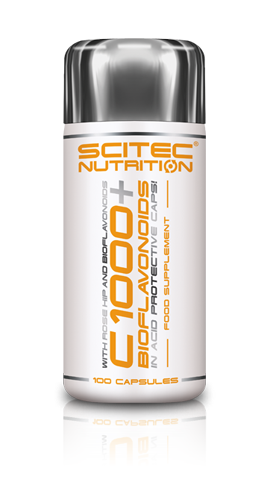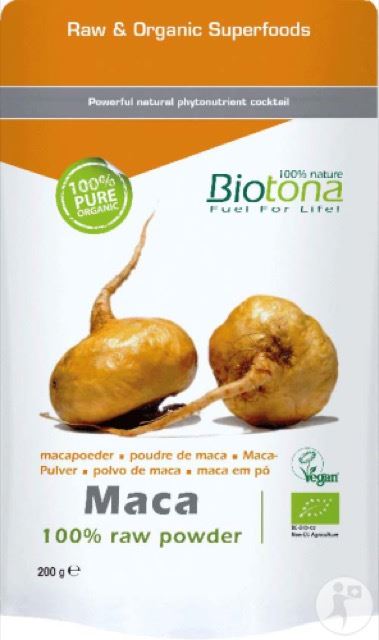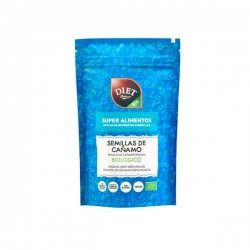You need more Protein to help you lose weight
Protein can be isolated from animal and plant-based foods, for example from milk or soy. This protein is available in powder form. Delicious shakes provide high-quality protein and are also still low in fat and calories. Why does a protein shake after exercising make sense if you want to lose weight?
By increasing the protein level in the diet to 1.5-2.0 g per kilogram of body weight and day, it is easier to lose weight. After exercising, protein assists in shaping muscle and thus also calorie consumption. It also satisfies your hunger more effectively than fats and carbohydrates, so that appetite is thereby reduced. In order to ensure that the calorie balance does not get skewed, it is also advisable to choose foods in your basic diet that are low in fat and sugar.
You need more Protein to help you build muscle
The basis for muscle growth is established through intensive strength training. This exercise stimulus can, however, only be converted into gains in muscle size if enough protein is supplied. Protein is the building substance for muscle.
The daily protein uptake should be around 2g per kilogram of body weight per day. It is particularly vital to use the phase directly after working out in order to provide rapid assistance to the muscle growth stimulus. You should therefore drink a protein shake directly after training. Protein intake is also important on days when you don't work out, as the recovery and growth phase continues during the exercise-free period.
Protein and endurance
Anyone exercising to increase their endurance needs a good supply of amino acids. If the body's protein requirement is not adequately covered through diet, the body resorts to using its own proteins during any intense physical exertion. This can have a negative effect on stamina, endurance and sports performance. For an endurance athlete's basic diet, the amount of protein should make up 15% of the total energy requirement. This can be covered by low-fat dairy products (such as skimmed milk, quark, low-fat cheese), lean meat and sausage, pulses and eggs. The Supply of carbohydrates and protein is particularly important in the recovery phase after a competition. Food supplements allow athletes at all performance levels to optimize their diet in a practical, easy and targeted way by adding one or several nutrients.
Different proteins - different effect
The protein in milk ("milk protein") contains very different protein components that impact the body in numerous ways. The two main groups of the milk protein consist of casein and whey protein.
The first important feature of casein is its long retention time in the stomach/intestinal tract, where it forms a solid gel that delays digestion. In this way, casein helps to satisfy your hunger, providing the body with a constant supply of amino acids for up to seven hours.
Whey is a rapidly digestible protein (one hour) with amino acids that allows efficient and fast muscle recovery, especially after working out.
In terms of absorption speed, the plant-based soy protein ranks between casein and whey.
Egg-white protein contains greater amounts of the amino acids L-methionine and L-cysteine that play a particular role in protein metabolism. Addition of egg-white protein to a protein powder improves the amino acid ratio, as other proteins such as soy contain relatively small amounts of these two amino acids.
























